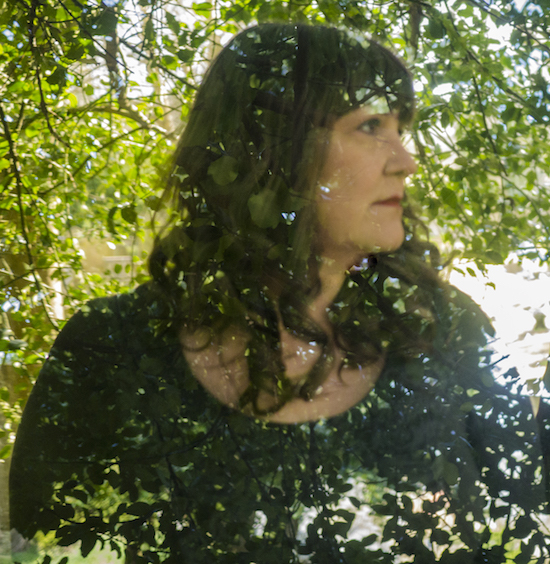"Mam’s in the mid-week pop charts at no. 21!" Marry Waterson’s rich East Yorkshire voice on a late summer’s morning is blistering, ripe and excited – a record her mother and uncle made 35 years ago has popped into the hit parade. It isn’t typical smash hit material. Packed with psychedelically-tinged songs inspired by dark narratives – a baby’s death, a child soaked to the bone in the rain, a shapeshifting scarecrow hanging, its neck wrung – Bright Phoebus was already a tough sell in 1972, before its release got hampered by a series of misfortunes (half the copies were mis-pressed, the folk elite gave the songs a collective shrug, then came problems with the original label not wanting to re-release it, for decades). But the legend of this astonishing album justifiably grew, and Domino Records’ reissue of Bright Phoebus is one of the best moments in Marry Waterson’s life. She won’t go into detail about how the release finally came about (the person who owned the rights to it, and wouldn’t give them up, died a few years ago, which may have made a difference), but it feels like a victory, Waterson says. "Mam would feel very exonerated," she adds, nineteen years after Lal died, at the age of 55.
But the apple, ripe and tender, didn’t fall far from Lal’s tree. Marry has just released her second album with the guitarist David A. Jaycock, Death Had Quicker Wings Than Love, and it’s a stunning, bruising thing, cut from the same raw cloth as the best works by her family (Norma Waterson is her aunt, Martin Carthy her uncle). Released by One Little Indian, it’s not really a folk record either, but its dark, feral stories definitely bud from folk’s seeds.
"Folk’s shaped and formed the way I sing and write more than anything else, the melodies, the lyrics, the narratives, given the family I come from", she explains. "But they always listened to other things too – we weren’t stuck in a bubble. I grew up with 30s, jazz, soul, doo-wop, then in my teenage years I became a biker – I had four of them! Then there was my time loving heavy metal and punk – the Sex Pistols, Whitesnake, Black Sabbath, Deep Purple, my mam shouting, ‘God, what the hell do you see in this?’" Waterson sees folk as a similarly powerful genre, and doesn’t like how the word’s become diluted. "Folk now isn’t just songs that have been passed down. It’s anybody with a guitar, ‘int it?"
Waterson and Jaycock’s album comes with an entourage that makes ears prick up: Portishead’s Adrian Utley produces, while Kathryn Williams and the Magic Numbers’ Romeo Stodart give murky, subtle shades to its guitars and backing vocals. The subjects also intrigue: songs about headstones of maidens who died on their way to their weddings, vain jackdaws of Aesop’s fables, and damaging relationships – and their mystery is something Waterson is at pains to preserve. "Once someone’s asked you what a song is about, you start thinking about it like something you’ve written – and I don’t like that. Or you get told what your song’s about and it’s suddenly lost the power it had. Leave it be. The song by itself is a powerful thing."
Marry Waterson and David A. Jaycock’s Death Had Quicker Things Than Love is out now on One Little Indian. Click the photo of Marry below to read her choices


